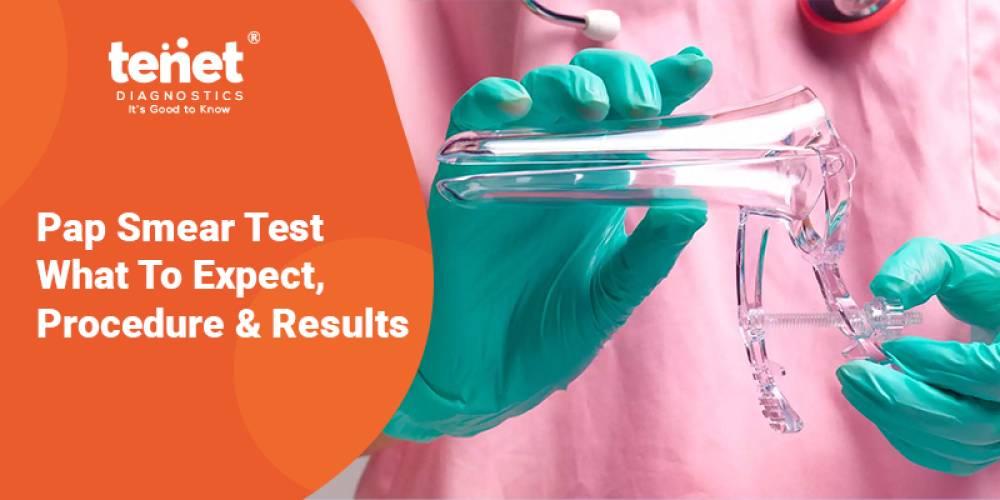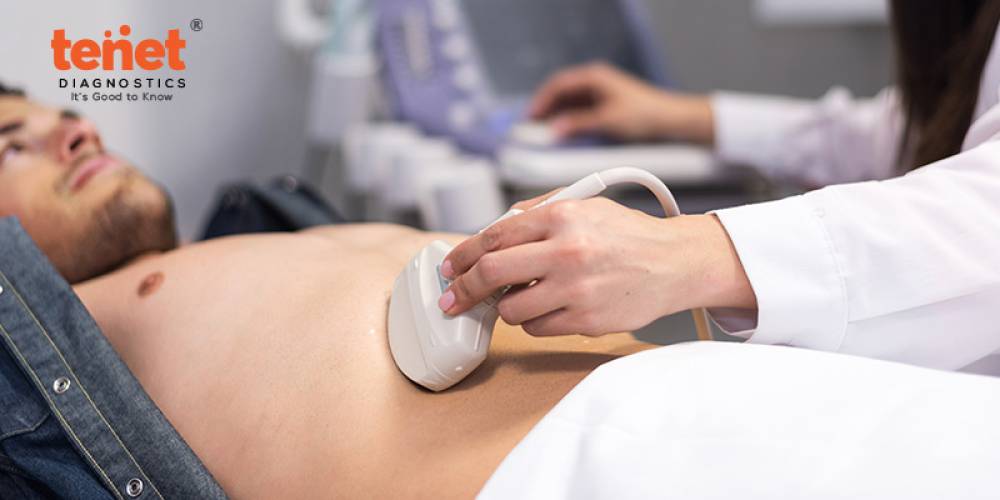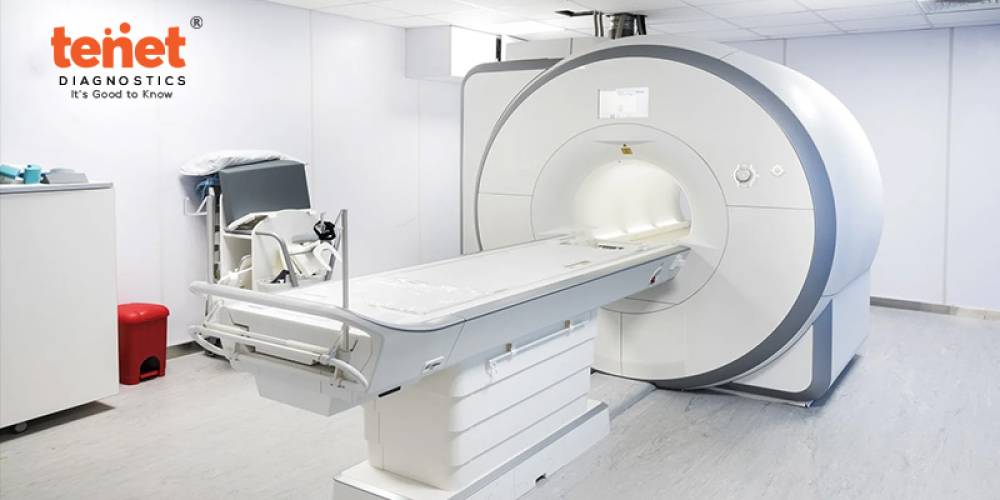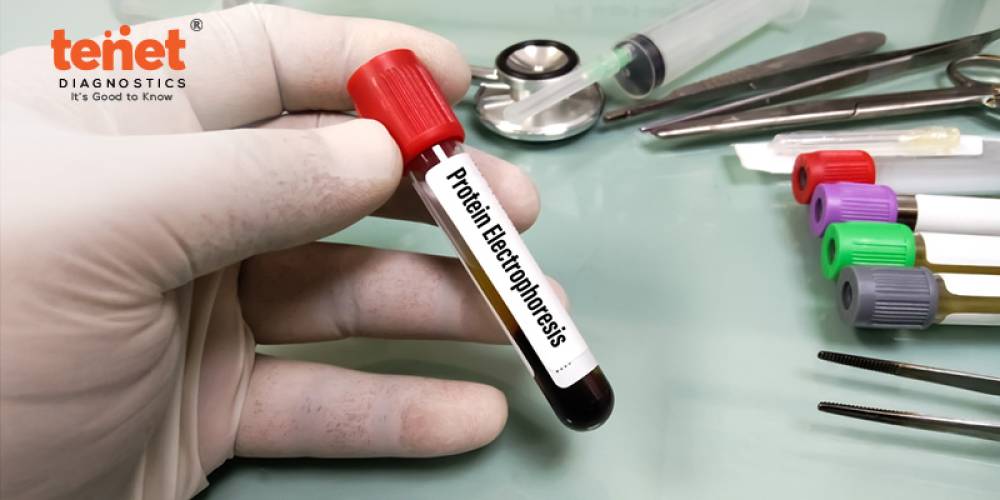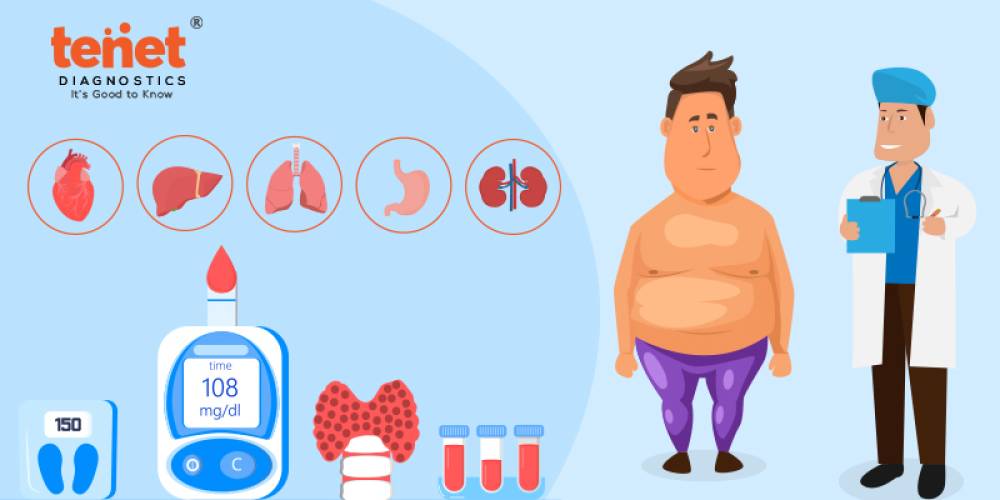Starting a Pap smear exam can evoke a mixture of responsibility, curiosity, and worry. Knowing the ins and outs of this vital test, whether it's your first time or you're an experienced practitioner, is critical for your reproductive health. We'll walk you through every step of the process in this blog article, from what to anticipate throughout the operation to confidently interpreting the results.
Come along as we dispel the myths around the Pap smear test, explaining its importance and the detailed process and equipping you with the information you need to make wise choices regarding your health. Together, let's navigate the world of Pap smears and prioritize your health by being proactive, knowledgeable, and well-prepared.
What Is Pap Smear Test?
The Pap test, commonly known as a Pap smear, is used to screen for cervical cancer. The test looks for abnormal cells that are either malignant or pre-malignant (may develop into cancer) in the cervix. Your doctor removes cells from your cervix during a Pap smear so they may be examined under a microscope for indications of cancer. Additionally, certain infections and inflammation can also be detected with a Pap smear.
What Is Cervix?
The lowest portion of your uterus that joins to your vaginal canal is called the cervix. To fertilize eggs, sperm passes via your cervix and vaginal canal and into your uterus. Your cervix closes during pregnancy to retain the fetus inside your uterus. During birth, the cervix opens. Your cervix secretes mucus to prevent infection-causing bacteria from entering your body when you are not pregnant.
Who Needs to Undergo Pap Smear Test?
At age 25, screening ought to begin. Certain women can be more susceptible to infections or cancer. You could require more frequent testing if:
- You have HIV
- Have undergone organ transplantation or chemotherapy, which has compromised your immune system.
Ask your doctor about getting a Pap test every five years if it is paired with an HPV screening if you are over 25 and have never had an abnormal result. According to current recommendations, adults between the ages of 25 and 65 should have an HPV test every five years.
The HPV virus raises the risk of cervical cancer and causes genital warts. Cervical cancer is primarily caused by HPV strains 16 and 18. Cervical cancer may be more likely to strike someone who has HPV. If a woman has a history of average Pap smear results and is above 65, she might not need to get the test in the future. Recurring Pap smears are still recommended based on your age and sexual activity level. This is due to the HPV virus's propensity to abruptly go active after lying dormant for years.
Details Of Pap Smear Test Procedure
Although Pap smears might be somewhat uncomfortable, the procedure is relatively rapid. During the process, you will lie on your back on an examination table with your legs extended and your feet supported by stirrups. A speculum, which is inserted into your vagina gradually (which will later be removed by your doctor after the procedure is completed). This device allows access to the cervix while maintaining the vaginal walls open. Your doctor will scrape off a tiny sample of cells from your cervix. Your doctor has a few options for obtaining this sample:
- A spatula is a tool that some people use.
- Some people use a brush and a spatula.
- Some employ a tool known as a cytobrush, which combines the functions of a brush and a spatula.
The quick scrape feels like a tiny push and annoyance for most women. Your cervix sample of cells will be stored and submitted to a laboratory to check for aberrant cells. You may experience minor soreness from scraping or light cramping following the exam. Additionally, you can have very slight vaginal bleeding just after the test. Let your doctor know if bleeding or discomfort persists beyond the test day.
How To Prepare for Pap Test?
A Pap smear shouldn't be performed while you are on your menstruation. About five days following the last day of your menstrual cycle is an excellent time to have the test. Two or three days before your test, you should not:
- Use tampons
- Use cream, jelly, or foam birth control.
- Apply more lotions or medications to the vagina.
- Rinse the vagina with water or another liquid to douche.
- Engage in vaginal sex
Results Of Pap Smear Test
The Pap smear test results are of two types, which are normal and abnormal.
1. Normal Pap smear
If your test results are expected, no abnormal cells were found. Negative outcomes are also occasionally used to describe normal ones. You most likely won't require a Pap smear for another three years if your results are normal. Pap smear test result time is not very long usually and is hence the result is known sooner.
2. Abnormal Pap smear
You do not necessarily have cancer if the test findings are abnormal. All it indicates is that your cervix has aberrant cells, some of which may be precancerous. Abnormal cells exist at multiple levels:
- Atypia
- Mild
- Moderate
- Severe dysplasia
- Carcinoma in situ
Considering the test findings, your physician might further advise:
- Increase the frequency of your Pap screenings and use a colposcopy to examine your cervical tissue more closely.
- Your doctor will use light and magnification during a colposcopy exam to improve the visibility of the cervical and vaginal tissues.
In certain circumstances, they might also do a biopsy, which involves taking a sample of your cervical tissue.
Final Words:
In summary, women's health and well-being depend on their ability to interpret the Pap smear test in Hyderabad. This regular screening process can dramatically lower the risk of cervical cancer and is essential for the early diagnosis of abnormalities in the cervical region. Women may prioritize their reproductive health and approach the process with confidence if they are aware of what to expect before, during, and after the test. The actual process, which involves taking a tiny sample of cells from the cervix, is quite short and easy. Some people may have some slight discomfort, but overall, the advantages are much greater than the drawbacks. Frequent Pap smears give women the power to take charge of their health by enabling prompt intervention and potential problem prevention.

